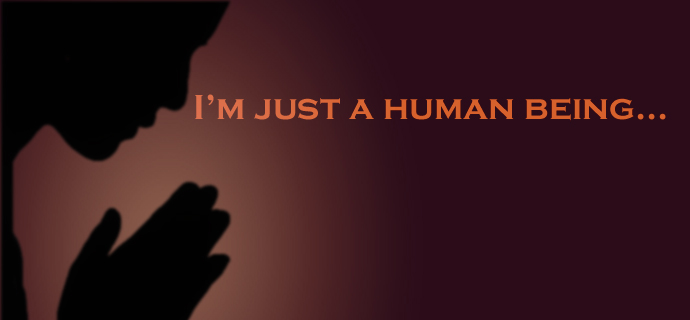Is it just waking up on the wrong side of the bed?

Whether or not I’m imagining things is always debatable, but I think I saw my breath make an appearance one recent morning as Clooney and I hit the sidewalk. Call me curious, but after seeing what I thought was a vapor cloud upon a deep exhale, as soon as I got back to my desk I had to look into it. I mean, it couldn’t be below freezing? A quick glance at my phone confirmed that a new ice age wasn’t upon us and it was actually a cool 58 degrees that morning. I hope my Science teachers excuse my lack of meteorological knowledge, but I had been under the belief that “seeing ones’ breath” meant the solidifying of the breath’s water vapors due to freezing temps. Fortunately, a quick web search informed me that the air temperature isn’t the only determining factor in whether or not ones’ breath is visible, rather the humidity of and amount of energy in the air. Apparently, well according to https://www.childrensmuseum.org/blog/why-can-i-see-my-breath-when-it’s-cold, cooler air doesn’t allow for the breath’s water molecules to keep moving, which allows their packing and the formation of visible vapor (the breath you see).
I apologize for this Monday AM diatribe of unasked for and perhaps unwanted information, but the unpleasant shock of what I thought of as a winter phenomenon had me feeling a bit of despair. Truth be told, as the bedevilments listed on page 52 of The Big Book of Alcoholics Anonymous point out in speaking about the difficulties of living life for Alcoholics, I too am “prey to misery and depression” whether drinking or not. This serves as a reminder that although we all have unique lived experiences; some things, such as having a lowered mood or down day, are universal to being a human.
So why did I go on a tangent about seeing my breath this AM you ask? I would assume that in reading past More Than a Speed Bump posts, two things have become evident: I love golf and, I was not able to escape the emotion regulation problems that are hallmarks of damage to the frontal lobe after TBI. That’s not to say that prior to my injury I was a perfectly calm and serene individual, just that now the swings seem to be more extreme. Regardless, given my history of emotional struggles; I try to observe my mood and catch any downward slide early on.
With a tendency to be hyper-aware of my state of mind, noting a sort of depressed mood or less eagerness to face the day wasn’t in itself alarming. In fact, it made me pause and gratefully reflect in one regard.
I don’t know exactly when it happened, but it happened without notice, without bells and whistles. At some point I made the shift from a life consumed with “real” urgent issues, triage type of medical stuff in the early period after a severe head injury, to one in which I continually manifest my own distress and emotional trauma, or at least “make mountains out of molehills”. I can still remember when my good friend Barry called me a Drama Queen after taking my call regarding another one of my self-described crisis situations. Now at the time, I recall being furious at the comment; but as usual, my dear friend was correct.
Various professionals have been quick to suggest PTSD as the cause, a diagnosis that I’ve always wondered about as I have zero memory of the incident and certainly no flashbacks. Perhaps the crash itself, although certainly traumatic isn’t the precipitating incident; but rather, the apparent sudden and unexplainable shift from being a healthy 23 year old to a 24 year old beginning a life as a brain injury survivor. After all, from my perspective, a run of partying after college graduation abruptly ended in a hospital room 6 weeks later in the early phases of an altogether new and challenging journey.
So as Eugene O’Neil wrote in his posthumously published (1956) A Long Day’s Journey into Night:
“None of us can help the things life has done to us. They’re done before you realize it, and once they’re done they make you do other things until at last everything comes between you and what you’d like to be, and you’ve lost your true self forever.”
While it can be argued that we all play a role in much of the occurrences in our lives, and I certainly still harbor plenty of self-blame for my TBI, a huge part of the human experience is the acceptance of vast powers at work greater than ourselves. Perhaps it is a need for control, or just some relief in having personal influence on life’s outcomes, but I love that with the knowledge of the past’s power on my actions today, perhaps I can change, or do “other (more positive) things”. Who knows, maybe even find that true self!